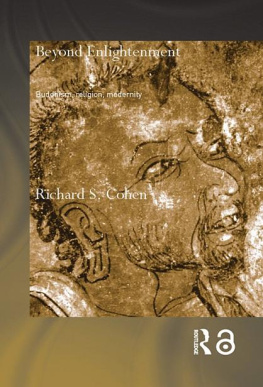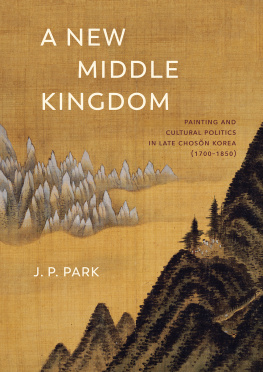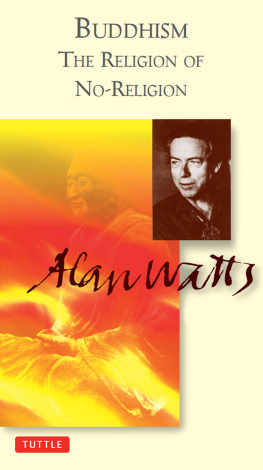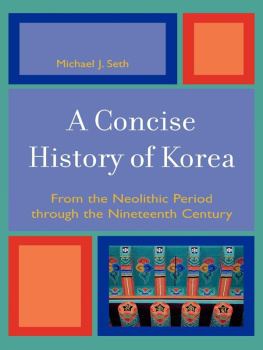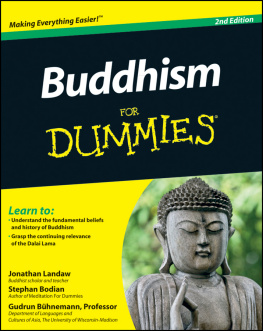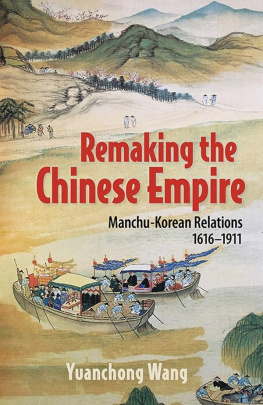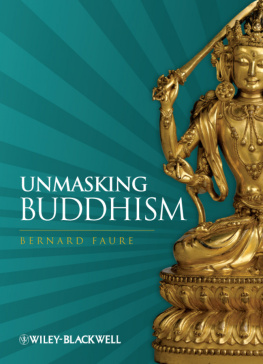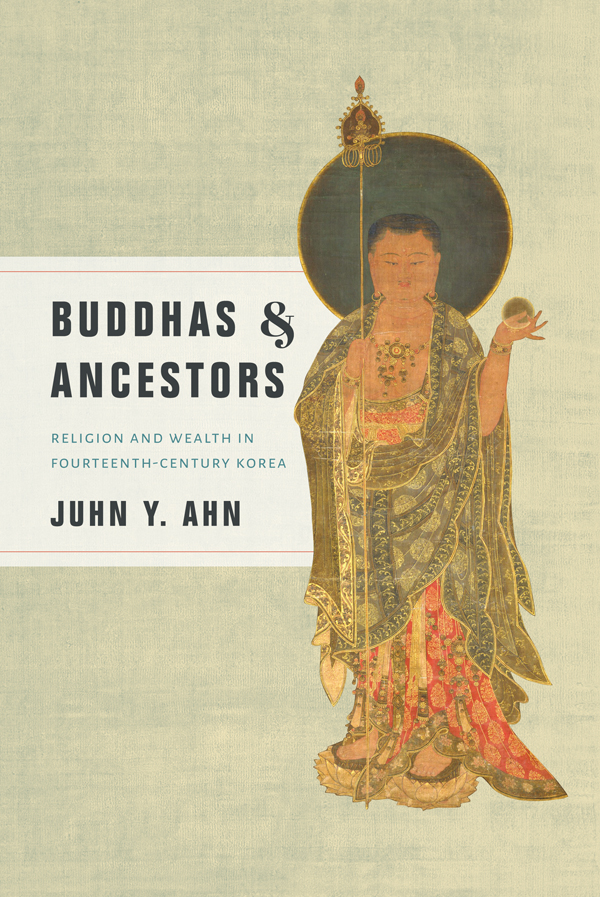Contents
Guide
Pagebreaks of the print version
KOREAN STUDIES OF THE HENRY M. JACKSON SCHOOL OF INTERNATIONAL STUDIES
Clark W. Sorensen, Editor
KOREAN STUDIES OF THE HENRY M. JACKSON SCHOOL OF INTERNATIONAL STUDIES
Over the Mountains Are Mountains: Korean Peasant Households and Their Adaptations to Rapid Industrialization, by Clark W. Sorensen
Cultural Nationalism in Colonial Korea, 19201925, by Michael Edson Robinson, with a new preface by the author
Offspring of Empire: The Kochang Kims and the Colonial Origins of Korean Capitalism, 18761945, by Carter J. Eckert, with a new preface by the author
Confucian Statecraft and Korean Institutions: Yu Hyngwn and the Late Chosn Dynasty, by James B. Palais
Peasant Protest and Social Change in Colonial Korea, by Gi-Wook Shin
The Origins of the Chos n Dynasty, by John B. Duncan
Protestantism and Politics in Korea, by Chung-shin Park
Marginality and Subversion in Korea: The Hong Kyngnae Rebellion of 1812, by Sun Joo Kim
Building Ships, Building a Nation: Koreas Democratic Unionism under Park Chung Hee, by Hwasook Nam
Japanese Assimilation Policies in Colonial Korea, 19101945, by Mark E. Caprio
Fighting for the Enemy: Koreans in Japans War, 19371945, by Brandon Palmer
Heritage Management in Korea and Japan: The Politics of Antiquity and Identity, by Hyung Il Pai
Wrongful Deaths: Selected Inquest Records from Nineteenth-Century Korea, compiled and translated by Sun Joo Kim and Jungwon Kim
The Emotions of Justice: Gender, Status, and Legal Performance in Chos n Korea, by Jisoo M. Kim
Buddhas and Ancestors: Religion and Wealth in Fourteenth-Century Korea , by Juhn Y. Ahn
BUDDHASANCESTORS
RELIGION AND WEALTH IN FOURTEENTH-CENTURY KOREA
JUHN Y. AHN
UNIVERSITY OF WASHINGTON PRESS
Seattle
Buddhas and Ancestors was supported by the Nam Center for Korean Studies at the University of Michigan, and by the Korea Studies Program of the University of Washington in cooperation with the Henry M. Jackson School of International Studies.
A Study of the Weatherhead East Asian Institute Columbia University
The Studies of the Weatherhead East Asian Institute of Columbia University were inaugurated in 1962 to bring to a wider public the results of significant new research on modern and contemporary East Asia.
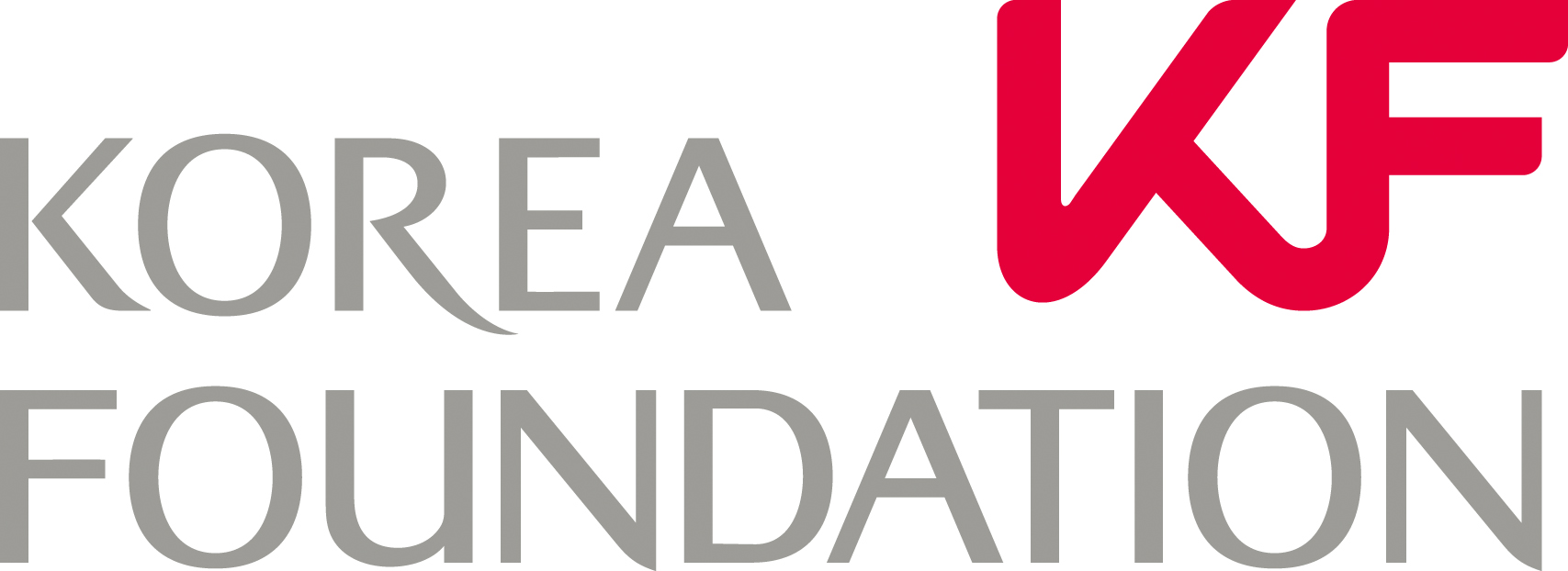
The Korea Foundation has provided financial assistance for the undertaking of this publication project.
Copyright 2018 by the University of Washington Press
Printed and bound in the United States of America
Design by Katrina Noble
Composed in Minion, typeface designed by Robert Slimbach
Cover illustration: Anonymous, Kshitigarbha , first half of fourteenth century. Hanging scroll; ink, color, and gold on silk, 33 x 14 in. H.O. Havemeyer Collection, Gift of Horace Havemeyer, 1929, Metropolitan Museum of Art.
22 21 20 19 18 5 4 3 2 1
All rights reserved. No part of this publication may be reproduced or transmitted in any form or by any means, electronic or mechanical, including photocopy, recording, or any information storage or retrieval system, without permission in writing from the publisher.
UNIVERSITY OF WASHINGTON PRESS
www.washington.edu/uwpress
LIBRARY OF CONGRESS CATALOGING-IN-PUBLICATION DATA
Names: Ahn, Juhn Young, author.
Title: Buddhas and ancestors : religion and wealth in fourteenth-century Korea / by Juhn Y. Ahn.
Description: Seattle : University of Washington Press, 2018. | Series: Korean studies of the Henry M. Jackson School of International Studies | Includes bibliographical references and index. |
Identifiers: LCCN 2017049031 (print) | LCCN 2017050622 (ebook) | ISBN 9780295743400 (ebook) | ISBN 9780295743387 (hardcover : alk. paper) | ISBN 9780295743394 (pbk. : alk. paper)
Subjects: LCSH : KoreaReligious life and customs. | WealthReligious aspectsBuddhism. | WealthReligious aspectsConfucianism. | BuddhismKoreaCustoms and practices. | Buddhist funeral rites and ceremoniesKorea. | ConfucianismKoreaCustoms and practices. | Funeral rites and ceremonies, ConfucianKorea. | KoreaCivilization9351392.
Classification: LCC BL2236.R58 (ebook) | LCC BL2236.R58 A39 2018 (print) | DDC 294.309519/09023dc23
LC record available at https://lccn.loc.gov/2017049031
To Se-Mi and Dojin
CONTENTS
ACKNOWLEDGMENTS
This book owes its existence to many generous and kind individuals. First and foremost, I am grateful to Don Lopez for his continued support and encouragement, which have allowed me to develop what was nothing more than an accidental discovery into a full-blown research project and eventually a book.
The bulk of the research that led to the production of this book was done while I was a member of the School of Historical Studies at the Institute for Advanced Study at Princeton University on a Mellon Fellowship and, later, a Kyujanggak Fellow at Seoul National Universitys International Center for Korean Studies. At Princeton, I benefited immensely from the company of Nicola DiCosmo, Caroline Walker Bynum, Tomoko Masuzawa, and new friends John Herman, Norman Kutcher, and Micah Muscolino. At the International Center for Korean Studies, I was able to develop my research in new directions thanks to the warm hospitality of Pak Sngchang, Kim Ingl, Park Taegyun, S Yngchae, and Sem Vermeersch.
While I was still struggling to render my thoughts on Korean Buddhism and history, I was fortunate enough to receive guidance and support from John Duncan and Robert Buswell at a manuscript workshop sponsored by my home department at the University of Michigan. Without their feedback and encouragement, this book would certainly have been nothing more than a half-baked thought experiment.
I would also like to thank James Benn, Eunsu Cho, Griff Foulk, Luis Gmez, Greg Levine, Alex von Rospatt, Bob Sharf, and Duncan Williams for patiently guiding me through the labyrinth of Buddhist Studies. I am most indebted to Bob for introducing me to not only the study of Buddhism but also the wonders of being a critical intellectual, an ideal that I still struggle to live up to. I would also like to express my sincerest gratitude to Paul Chang, Henry Em, Judy Han, Jisoo Kim, Helen Lee, Eugene Park, Janet Poole, Andre Schmid, Jesook Song, and the late Nancy Abelmann for kindly sharing their wisdom and passion for Korean studies with me.
The opportunity to present my research at the Religious Identities in Asia Seminar series hosted by the Center for the Study of World Religions at Harvard Divinity School and the Harvard University Asia Center was particularly helpful during the final stages of preparing this book for publication. I would like to thank my host, Sun Joo Kim, and the staff at Harvards Korea Institute for making this visit possible. I would also like to thank Carter Eckert, Francis Clooney, James Robson, and others present at the talk for their valuable criticisms and suggestions.
Finally, I would like to thank my friends and colleagues, who, despite all my shortcomings, have continued to show me enthusiastic support. Rather than list everyone here, I would like to give special recognition those who offered help at critical moments when I thought all was lost: Ben Brose, Miranda Brown, Paul Copp, Reggie Jackson, Kenneth Koo, Andy Quintman, Mark Rowe, Youngju Ryu, and Dominic Steavu-Balint. Miranda deserves a special word of thanks for finding ingenious ways of dragging me repeatedly out of the proverbial academic gutter. I am particularly indebted to my former office neighbors Varuni Bhatia and Jonathan Zwicker, with whom I shared many delightful, encouraging, and insightful conversations and moments that temporarily elevated me above the burdens of academia. I am also deeply indebted to the Nam Center for Korean Studies, center director Nojin Kwak, Do-Hee Morsman, Adrienne Janney, and the Nam family. The Asian Languages and Cultures department staff and my students at the University of Michigan also deserve a special word of appreciation for creating an environment in which I could comfortably complete my manuscript.


